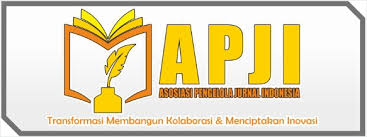EdTech Startups and Their Impact on Traditional Learning ModelsHybrid Classrooms: Redefining the Role of Teachers and Learners
DOI:
https://doi.org/10.70610/edujavare.v3i1.803Keywords:
Digital Divide, EdTech Startups, Hybrid Classrooms, Personalized LearningAbstract
The rapid growth of EdTech startups and integration into educational practices has led to hybrid classrooms combining traditional face-to-face teaching with digital tools. This transformation redefines the roles of teachers and learners, prompting a shift toward more flexible, personalized learning environments. This study explores the impact of EdTech startups on traditional learning models and how hybrid classrooms are reshaping these roles. Using a qualitative research methodology, data was collected through semi-structured interviews, participant observations, and document analysis in schools and EdTech hubs in Jakarta, Indonesia. The findings reveal that hybrid classrooms provide increased learner autonomy, personalized learning, and collaboration opportunities. However, they also highlight challenges such as digital inequities, teacher adaptation to new roles, and the need for ongoing professional development. Teachers are evolving into facilitators rather than traditional knowledge transmitters, yet they struggle with integrating new technologies effectively. The study concludes that EdTech tools while promising, require careful integration with human-centered teaching practices to ensure inclusivity and engagement. The research contributes to understanding how hybrid learning environments can be optimized to benefit both teachers and students. It offers educators and policymakers insights into the complexities of EdTech adoption in education.
Downloads
Published
How to Cite
Issue
Section
License
Copyright (c) 2025 EDUJAVARE: International Journal of Educational Research

This work is licensed under a Creative Commons Attribution-NonCommercial-ShareAlike 4.0 International License.
License: CC BY-SA 4.0 (Creative Commons Attribution-ShareAlike 4.0 International License)









